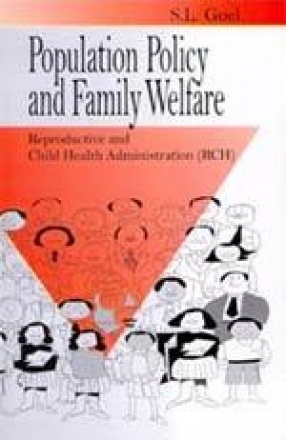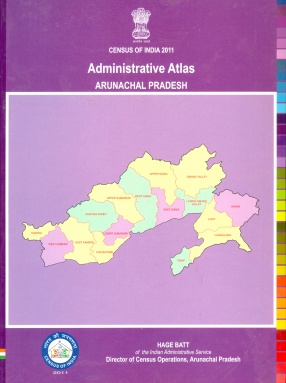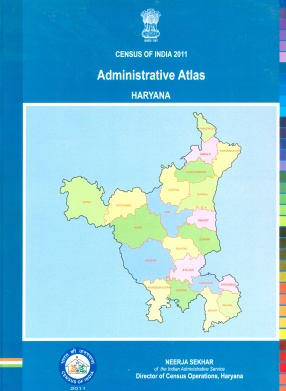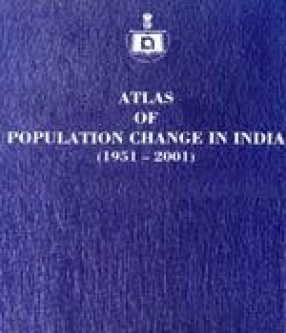Population Policy and Family Welfare
Synopsis
The problem of overpopulation especially in the developing world is one of the bottlenecks to socio-economic development. The performance of the family planning programme has not been edequate as compared to the resources put in the programme. The programme has been examined from different angles but very little effort has been made to examine the family planning programme from administrative angle. In this book, we have discussed the administrative components of the programme which are responsible to great extent for the success/failure of the programme. The effectiveness of family planning programme and population programme can be increased through the sound use of modern management techniques. The management of family planning programme can take the help of the various techniques for this purpose. e.g ‘systems approach’ of operational research, system analysis, programme budgeting computer-based information system; techniques concerned with the productive use of resources such as work study, network analysis and cost analysis and organizational and behavioural methods concerned with personnel selection, training, motivation, communication, adaptation to change, working in groups, the organizational development, management by objectives, etc. thus, the policy-makers and planners for family planning programme must also plan for effective implementation machinery to optimize the use of resources. Besides, we have discussed the role of information, education and communication services. A separate chapters on “Beyond Family Planning†has been added to identify the policies, which directly or indirectly, influence the overall fertility beyond the existing family planning programme.
Read more
74.70
67.23
$
83.00 $
Free delivery Wolrdwidе in 10-18 days
Ships in 1-2 days from New Delhi
Membership for 1 Year $35.00
Get it now and save 10%
Get it now and save 10%
BECOME A MEMBER










Bibliographic information